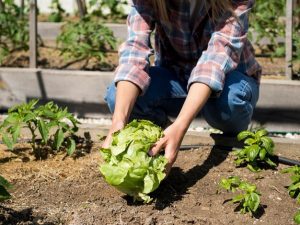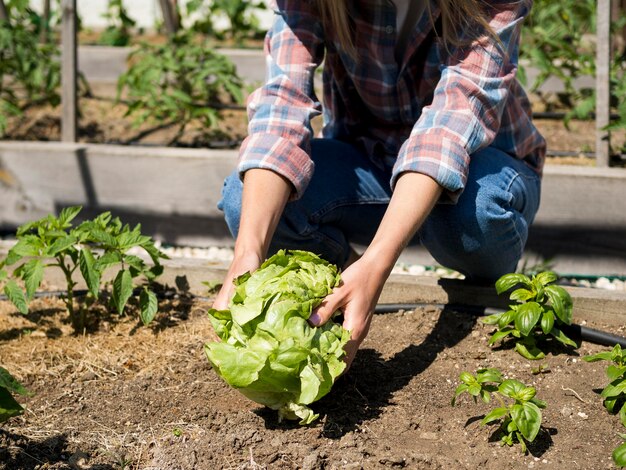Beginner’s Guide to Flourishing Vegetable Gardens
Are you eager to start your own vegetable garden but feel overwhelmed by where to begin? Don’t worry – this comprehensive guide will walk you through the process of creating a thriving vegetable garden, even if you’re a novice with no prior gardening experience. By following these vegetable garden tips for beginners, you’ll be on your way to cultivating a bountiful harvest in no time.
Understanding Your Growing Zone
Before you dig into the soil, it’s crucial to understand your growing zone. This is determined by your region’s climate and temperature patterns, and it plays a vital role in selecting the right vegetables for your garden. Consult a USDA Plant Hardiness Zone map to identify your zone and discover which plants are most likely to thrive in your area.

Essential Tools and Supplies
Equipping yourself with the right tools and supplies is a key step in setting up your vegetable garden for success. Gather essential items such as a shovel, rake, gloves, pruners, and a watering can. Invest in quality soil and compost to provide your plants with the nutrients they need to flourish. Raised beds can also be a great option for beginners, as they offer better control over soil quality and drainage.
Selecting the Right Vegetables
When choosing vegetables for your garden, opt for varieties that are well-suited for beginners. Tomatoes, peppers, lettuce, carrots, and zucchini are excellent choices. Consider the space available in your garden and the amount of sunlight it receives each day. Some vegetables thrive in full sun, while others can tolerate partial shade. Remember, it’s better to start small and gradually expand your garden as you gain more experience.
Nurturing Your Garden for Success
Proper care and maintenance are essential for a flourishing vegetable garden. Water your plants regularly, keeping the soil consistently moist but not waterlogged. Mulching around your plants can help retain moisture and suppress weed growth. Keep an eye out for pests and diseases, and take prompt action if you notice any issues. Organic pest control methods, such as introducing beneficial insects, can help keep unwanted critters at bay.
As your plants grow, consider providing support for taller varieties like tomatoes and beans with stakes or trellises. Regularly prune your plants to remove dead or diseased foliage, which can help improve air circulation and prevent the spread of diseases.
In conclusion,
embarking on your journey to create a flourishing vegetable garden is an exciting endeavor. By understanding your growing zone, acquiring the necessary tools, selecting suitable vegetables, and providing proper care, you’ll be well on your way to enjoying a bountiful harvest. Remember, gardening is a learning process, so don’t be discouraged by any initial challenges. With patience and dedication, your vegetable garden will thrive, and you’ll relish the rewards of your hard work and commitment.












